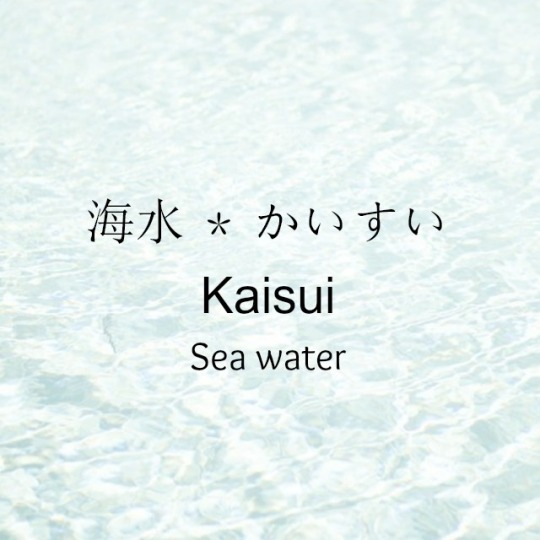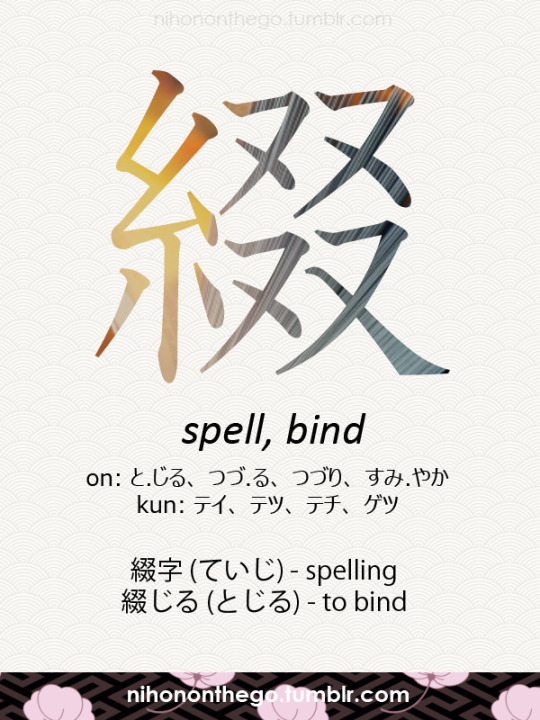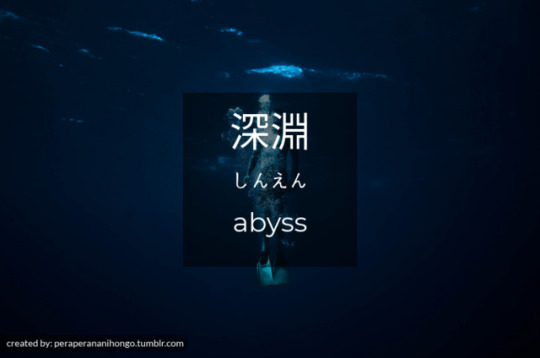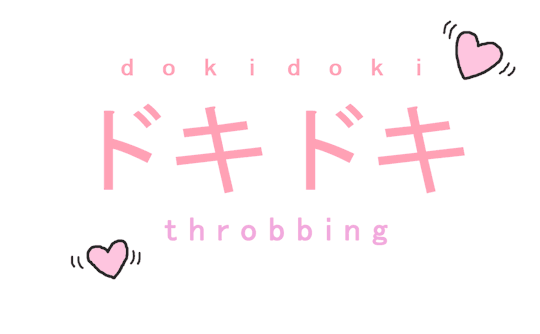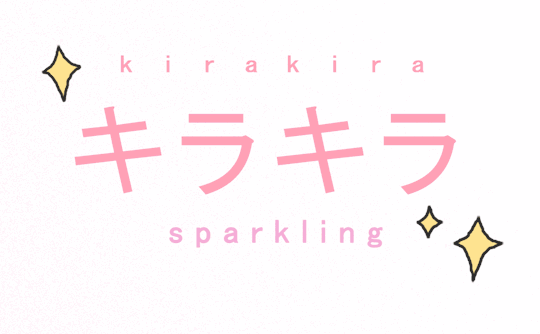Text
〜たら conditional (if…)

Hi everyone, here are my notes on how to use the conditional form ending in 〜たら (〜だら).
It’s pretty simple actually, just take the neutral past or neutral negative past form of verbs, adjectives or nouns and add 〜ら。
Quick review of past neutral/past neutral negative:
Verbs:
行く(いく)> 行った ・ 行かなかった
遊ぶ(あそぶ)> 遊んだ・遊ばなかった
食べる(たべる)> 食べた > 食べなかった
〜い adjectives:
嬉しい(うれしい)> 嬉しかった ・ 嬉しくなかった
〜な adjectives:
綺麗な(きれいな)> 綺麗だった ・ 綺麗じゃなかった
Nouns:
先生(せんせい)> 先生だった ・ 先生じゃなかった
Examples
Verbs:
時間があったら漢字を勉強する。
じかん が あったら かんじ を べんきょう する。
If I have time, I’ll study kanji.
この薬を飲んだら、元気になります。
この くすり を のんだら、げんき に なります。
You’ll get better if you take this medicine.
あさってまでに荷物が着かなかったら、電話をください。
あさって まで に にもつ が つかなかったら、でんわ を ください。
Please call if your luggage hasn’t arrived by the day after tomorrow.
〜い adjectives:
遠かったら、車で行く。
とおかったら、くるま で いく。
If it’s far, I’ll go by car.
あまり高くなかったら、この本を買ってみます。
あまり たかくなかったら、この ほん を かってみます。
I’ll buy this book if it’s not too expensive.
〜な adjectives:
歌が好きだったら、カラオケに行きましょう。
うた が すきだったら、からおけ に いきましょう。
If you like to sing, let’s go to the karaoke.
元気じゃなかったら、ゆっくり休んでください。
げんきじゃなかったら、ゆっくり やすんで ください。
Please rest well if you’re not feeling well.
Nouns:
学生だったら100円です。
がくせいだったら 100 えん です。
If you’re a student, it’ll be 100 yens.
雨じゃなかったら、海に行く。
あめじゃなかったら、うみ に いく。
If it doesn’t rain, I’ll go to the beach.
397 notes
·
View notes
Text
Japanese Book Publishing Vocabulary

文芸(ぶんげい) - (art and) literature
読書(どくしょ) - reading (books)
ページを捲る(。めく。)- to turn (e.g. the page)
飛ばし読み+する(と。よ。)- skimming the pages, skipping words, reading quickly (literally “jump reading”)
読書家(どくしょか) - great reader
書店(しょてん) - bookshop, bookstore
書架(しょか) - bookshelf
執筆(しっぴつ) - writing(e.g. as a profession)
書籍(しょせき) - publication, book
出版(しゅっぱん) - publication
出版物(しゅっぱんぶつ) - publication(s)
出版する(しゅっぱん。) - to publish
購読(こうどく) - subscription (e.g. of a magazine)
編集(へんしゅう) - editing, editorial, compilation
営業(えいぎょう) - business, sales, trade
販売(はんばい) - sales, selling
企画(きかく) - project
*営業企画(えいぎょうきかく)- sales/ operation project
促進(そくしん) - promotion, marketing
児童書(じどうしょ) - children’s book(s)
雑誌(ざっし) - magazine
百科事典(ひゃっかじてん)- encyclopedia
随筆(ずいひつ) - essay, miscellaneous writings, literary jottings
索引(さくいん) - index, indices
目次(もくじ) - table of contents
解説(かいせつ) - explanation, commentary
粗筋(あらすじ) - outline, summary
台詞(せりふ)—>セリフ- one’s line, speech, dialogue in writing (normally written in katakana)
評論(ひょうろん) - criticism, critique
評判(ひょうばん) - fame
傑作(けっさく) - masterpiece
名作(めいさく) - famous piece of work/art
無名(むめい) - unsigned, anonymous; unpopular
Essential verbs:
読む(よ。)- to read
書く(か。)- to write
売る(う。)- to sell
買う(か。)- to buy
3K notes
·
View notes
Text
~300 Basic words
funwithlanguages made a post about how you can write a lot with around just 300 words , there doesn’t seem to be a Japanese version, so I thought I’d have a go at translating it. This list has some things that just aren’t used in Japanese or that commonly used words don’t exist for (the, a etc). Be careful as I’ve kept the original list in tact, which means some things listed in the adjectives section (’enough’ and ‘too’, for example) are verbs and some verbs (’like’ ‘want’) are adjectives in Japanese, also terms about work, family and counting etc need special attention in Japanese as they are very different from English.
No, I will not transliterate this into romaji, please don’t ask me to. You can learn kana in a weekend, far faster than memorising this word list. If you can’t read this list, go and learn kana then come back to it when you can. Romaji damages your learning and accent development.
If there’s a mistake, please let me know, thanks!
First Verbs
be 居る いる
there is ある
have 持つ もつ
do する
go 行く いく
want 欲しい ほしい (this is an adjective in Japanese)
can できる
need いる
think 思う おもう
know 知る しる
say 言う いう
like 好き すき (this is an adjective in Japanese)
speak 話す はなす
learn 習う ならう
understand 分かる わかる
Conjunctions
These are really hard to translate!
that (as in “I think that…” or “the woman that…”) expressed using 〜と思います とおもいます or maybe the passive tense ‘(The books that are written in English are over there.’ etc.)
and と
or か
but でも・けど
because から
though でも
so (meaning “therefore”; e.g. “I wanted it, so I bought it”) から
if なら
Prepositions
of の
to に
from から
in なか
at (a place) で
at (a time) に
with と
about くらい
like (meaning “similar to”) みたい
for (warning, this one has several meanings that you need to take care of) ため (for the purpose of~) ・につき (for/ per e.g. ~yen for one hour)・particles の, に and で are commonly used to cover many other uses of for, but need to be checked on a case by cases basis.
before (also as a conjunction) 〜の前に 〜のまえに
after (also as a conjunction) 〜の後で 〜のあとで
during 中 ちゅう
Question Words
who 誰 だれ
what 何 なに
where どこ
when いつ
why なぜ
how どう
how much いくら・いくつ
which どちら
Adverbs
a lot 多い おおい
a little 少しい すこしい
well 上手 じょうず
badly 下手 へた
only だけ
also 又 また
very とても
too (as in “too tall”) 過ぎる すぎる
too much 過ぎる すぎる
so (as in “so tall”) そんなに
so much そんなに
more (know how to say “more … than …”) Grammatical comparative construction AのほうがBより is used when A is the thing that is more
less (know how to say “less … than …”) Grammatical comparative construction AのほうがBより is used when B is the thing that is less
as … as … (e.g. “as tall as”) You can use 〜のような grammar to express this, ほど can also be used
most 最も もっとも
least 最低 さいてい
better Grammatical comparative construction AのほうがBより is used
best 一番いい いちばんいい
worse Grammatical comparative construction AのほうがBより is used
worst 一番最悪 いちばんさいあく
now 今 いま
then その時 そのとき
here ここ
there あそこ
maybe 多分 たぶん
always いつも
usually 大抵 たいてい
often よく
sometimes 時々 ときどき
never 全然 ぜんぜん
today 今日 きょう
yesterday 昨日 きのう
tomorrow 明日 あした
soon もう直ぐ もうすぐ
almost ほとんど
already もう
still まだ
even それでも (even if)
enough 足りる たりる
Adjectives
the, a (technically articles) this doesn’t exist in Japanese
this この
that あの
good 良い よい
bad 悪い わるい
all 全部 ぜんぶ
some 幾つか いくつか
no 何にも なんにも (as in 何にもないです ‘There are none there’)
any 何でも なんでも (as in なんでも良いです ‘any one is ok’)
many たくさん
few 少ない すくない
most 一番〜 いちばん〜
other 別 べつ
same 同じ おなじ
different 違う ちがう
enough 足りる たりる
one 一つ ひとつ・一 いち
two 二つ ふたつ・二 に (counting in Japanese is very complex, you need to research this issue if you are a beginner)
a few 少し すこし
first 一番 いちばん
next 次 つぎ
last (meaning “past”, e.g. “last Friday”) 先 せん
last (meaning “final”) 最後の さいごの
easy 簡単 かんたん
hard 難しい むずかしい
early 早い はやい
late 遅い おそい
important 大事 だいじ
interesting 面白い おもしろい
fun 楽しい たのしい
boring たくつ
beautiful 美しい うつくしい
big 大きい おおきい
small 小さい ちいさい
happy 嬉しい うれしい
sad 悲しい かなしい
busy 忙しい いそがしい
excited ワクワクする
tired 疲れる つかれ
ready 準備 じゅんび
favorite 大好き だいすき
new 新しい あたらしい
right (meaning “correct”) 正しい ただしい
wrong 間違える まちがえる
true 真の〜 しんの〜
Pronouns
Know them in the subject (“I”), direct object (“me”), indirect object (“to me”), and possessive (“my”) forms.
I 私 わたし
you あなた
she 彼女 かのじょ
he 彼 かれ
it typically それ is used, which means ‘that’, this is hard to translate
we 私達 わたしたち
you (plural) あなたたち
they 彼ら かれら
Nouns
If your language has grammatical gender, then learn each noun as “the [noun]” with “the” in the correct gender. (e.g. in Spanish, instead of learning language = “idioma”, learn language = “el idioma”.) This will help you remember the gender.
everything 全て すべて
something 何か なにか
nothing 何にも なにも
everyone みんな
someone 誰か だれか
no one 誰も だれも
(name of the language you’re studying) 日本語 にほんご
English 英語 えいご
thing 物 もの
person 人 ひと
place 所 ところ
time (as in “a long time”) 時間 じかん
time (as in “I did it 3 times”) 回 かい
friend 友達 ともだち
woman 女の人 おんなのひと
man 男の人 おとこのひと
money お金 おかね
country 日本 にほん
(name of your home country) イギリス
city 市 し
language 言葉 ことば
word 単語 たんご
food 食べ物 たべもの
house 家 いえ
store 店 みせ
office 事務所 じむしょ
company 会社 かいしゃ
manager 主事 しゅじ(this is very sensitive to hierarchical language changes this is a complex issue in Japanese)
coworker 同僚 どうりょう
job 仕事 しごと
work (as in “I have a lot of work to do”) 仕事 しごと
problem 問題 もんだい
question 質問 しつもん
idea 考え かんがえ
life 人生 じんせい
world 世界 せかい
day 日 ひ
year 年 ねん
week 週 しゅう
month 月 つき
hour 時 じ
mother, father, parent 母 はは (my mum) お母さん おかあさん (your mother)・ 父 ちち (my dad) お父さん おとうさん (your father)・ 両親 りょうしん (parents) (this is very sensitive to hierarchical language changes this is a complex issue in Japanese)
daughter, son, child 娘 むすめ (my daughter)・息子 むすこ (my son) ・子供 こども (this is very sensitive to hierarchical language changes this is a complex issue in Japanese)
wife, husband 妻 つま (my wife) 奥さん おくさん (your wife)・夫 おっと (my husband) ご主人 ごしゅじん (your husband) (this is very sensitive to hierarchical language changes this is a complex issue in Japanese)
girlfriend, boyfriend 彼女 かのじょ・彼氏 かれし
More Verbs
work (as in a person working) 働く はたらく
work (meaning “to function”, e.g. “the TV works”) 動く うごく
see 見る みる
use 使う つかう
should べき
believe 信じる しんじる
practice 練習する れんしゅうする
seem みたい
come 来る くる
leave 出る でる
return 帰る かえる
give 上げる あげる
take 取る とる
bring 持って来る もってくる
look for 探す さがす
find 見つける みつける
get (meaning “obtain”) もらう
receive もらう・くれる
buy 買う かう
try 〜てみる (this is a grammatical construction)
start 始める はじめる
stop (doing something) 止める やめる
finish 終わる おわる
continue 続く つづく
wake up 起きる おきる
get up 起きる おきる
eat 食べる たべる
eat breakfast (in several languages, this is a verb) 朝ごはんを食べる あさごはんをたべる
eat lunch 昼ごはんを食べる ひるごはんをたべる
eat dinner 晩御飯を食べる ばんごはんをたべる
happen 起こる おこる
feel 感じる かんじる
create (aka “make”) 作る つくる
cause (aka “make”) indicated using the passive, causative or causative-passive tenses
meet (meeting someone for the first time) 会う あう
meet (meaning “to bump into”) 打つかる ぶつかる
meet (an arranged meeting) 会う あう
ask (a question) 聞く きく
ask for (aka “request”) 頼む たのむ
wonder expressed using だろう or かな at the end of sentences
reply 返事する へんじする
mean 意味 いみ (noun)
read 読む よむ
write 書く かく
listen 聞く きく
hear 聞く きく
remember 覚える おぼえる
forget 忘れる わすれる
choose 選ぶ えらぶ
decide 決める きめる
be born 生まれる うまれる
die 死ぬ しぬ
kill 殺す ころす
live 生きる いきる (to live/exist)・住む すむ(to live/reside in a place)
stay 泊まる とまる
change 変わる かわる
help 助ける たすける
send 送る おくる
study 勉強する べんきょうする
improve 磨く みがく
hope 希望する きぼうする
care 世話する せわする (take care of)
Phrases
hello こんにちは
goodbye じゃあまたね・さよなら
thank you ありがとう
you’re welcome どういたしまして
excuse me (to get someone’s attention) すみません
sorry ごめんなさい
it’s fine (response to an apology) とんでもないです
please おねがいします・ください
yes はい
no いいえ
okay 大丈夫です
My name is 私の名前は〜です。 わたしのなまえは〜です。
What’s your name? お名前は? おなまえは?
Nice to meet you. 初めまして はじめまして (said before anything else in an introduction)
How are you? お元気ですか? おげんきですか?
I’m doing well, how about you? 私は元気です、あなたは? わたしはげんきです、あなたは?
Sorry? / What? (if you didn’t hear something) すみません?(use a rising intonation to indicate this is a question)
How do you say ______? 〜は日本語で何と言いますか? 〜はにほんごでなんといいますか?
What does ______ mean? 〜はどういう意味ですか? 〜はどういういみですか?
I don’t understand. 分かりません わかりません
Could you repeat that? もう一度お願いします もういちどおねがいします
Could you speak more slowly, please? もっとゆっくり話して下さい もっとゆっくりはなしてください
Well (as in “well, I think…”) まあ
Really? 本当に? ほんとうに?
I guess that 〜かもしれない。
It’s hot. (talking about the weather) 暑いですね! あついですね!
It’s cold. (talking about the weather) 寒いですね! さむいですね!
—
Now that you’ve learned the 300 basic words, how do you learn more? I suggest practicing writing.
9K notes
·
View notes
Photo
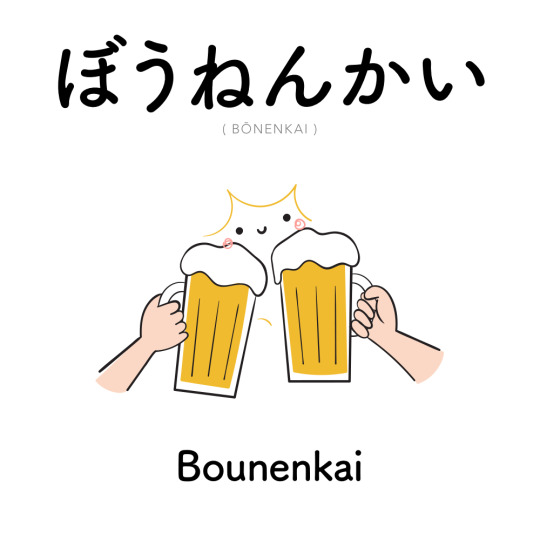
[267] ぼうねんかい | bōnenkai | bōnenkai
A bōnenkai (literally “forget the year gathering”) is a Japanese drinking party that takes place at the end of the year among groups of co-workers or friends. The purpose of the party, as its name implies, is to forget the woes and troubles of the past year, and hopefully look to the new year.
537 notes
·
View notes
Text
tumblr-vocab in Japanese

A brief overview of useful words to know, in case you switch the language of your tumblr to Japanese!
Posts (投稿数「とうこうすう」)
Text post - テキスト
Photo - 画像(がぞう)
Quote - 引用(いんよう)
Link - リンク
Chat - チャット
Audio - 音声(おんせい)
Video - 動画(どうが)
Notes - リアクション
Reply - 返信(へんしん)
Reblog - リブログ
Like - スキ
Tags - タグ
Source - 出典(しゅってん)
Blog (ブログ)
Account - アカウント
Username - ユーザー名(な)
Main blog - メインブログ
Sideblog - サブブログ
Draft - 下書き(したがき)
Queue - 予約投稿(よやくとうこう)
Schedule - スケジュール
Blog theme - サイトのテーマ
Settings - 設定(せってい)
Activity - アクティビティ
Past 24 hours - 過去24時間(かこ24じかん)
Biggest fans - 熱烈ファン(ねつれつ)
Most popular post - 人気投稿(にんきとうこう)
Interaction (相互作用「そうごさよう」)
Ask box - 受信ボックス(じゅしん)
Anonymous ask - 匿名での質問(とくめいでのしつもん)
Tumblr IM - メッセージ
To follow - フォローする
Follower - ファン
X began following Y - XがYのフォローを開始しました(かいし)
Search tumblr - tumblrを検索(けんさく)
Blocked blogs - ブロック済み(ずみ)ブログ
Submission - ゲスト投稿
X submitted a post - Xからのゲスト投稿
X mentioned Y - XはYについて投稿で言及しました(げんきゅう)
3K notes
·
View notes
Text
Books for Japanese reading practice material

Picking any manga/novel you’re interested in will only give you frustration in the end instead of motivation to learn Japanese.
“What should I get then?”
For starters, you can practice reading hiragana here or katakana here.
If you’re looking for some more, Ghibli’s picture books are one of the best! With over 150 pages, beautiful pictures, adorable characters, simple sentences for beginners, supported with furigana, and cost the same as a 10-20 pages children book.
It’s the perfect practice material! But there are also some more options. Check them all out here.
Important notes!
These books are for practice. If your purpose is to learn, you will need textbook /guide book instead~ You will also need to have basic knowledge of Japanese grammar to use these books to practice reading Japanese. If you’re lazy and just want to read one book, get Understanding Basic Japanese Grammar.
Now, take a look at how beautiful these book are! °˖✧◝(⁰▿⁰)◜✧˖°
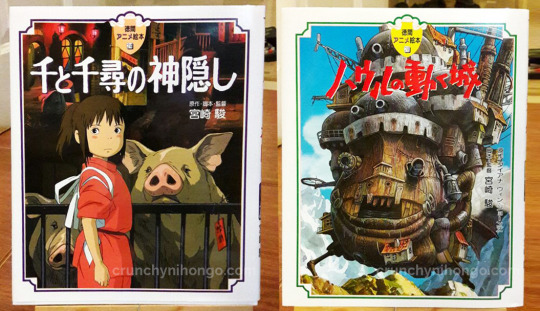


2K notes
·
View notes
Photo
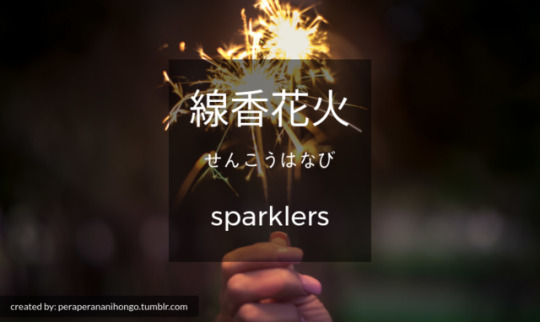
random word of the day
線香花火 (せんこうはなび) • sparklers
46 notes
·
View notes
Photo
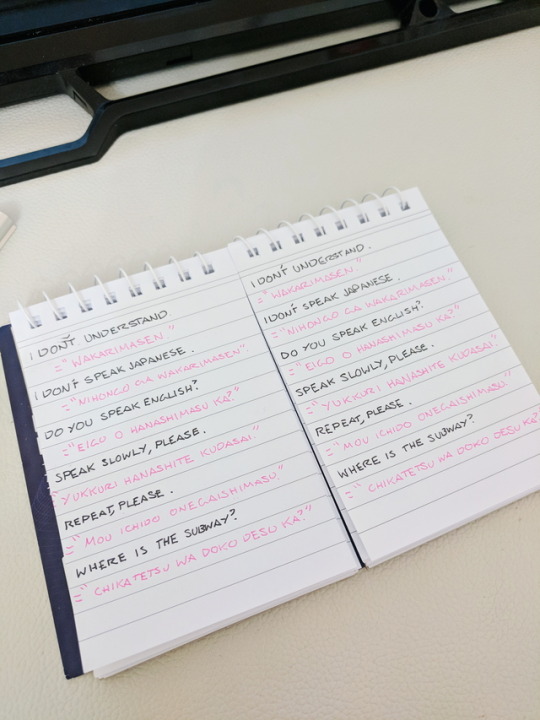
09.11.17 // 52/100 days of productivity
I bought some little notebooks that I’m writing some simple japanese in so if my friends want to go out without me while we’re in japan I won’t be leaving them totally in the dark. It’s turning out to be pretty good revision too!
ig: hinodestudies
9 notes
·
View notes
Photo

random word of the day
星空 (ほしぞら) • starry sky
55 notes
·
View notes
Photo
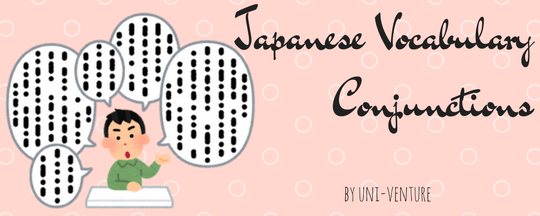
There’s this theory that in any given language, there are 600 basic words that are really, really good to know, because, you guessed it, they are the most common. Up next: a list of conjunctions useful in daily conversation. As always, don’t be afraid to add onto this post or comment!
and - と(exhaustively); や(in-exhaustively)
but - でも; けど; けれど
or - か
as - 〇〇だけ
than - 〇〇より
like - 〇〇と同じ{おなじ}
when - いつ
while - Vながら
before - 〇〇の前(に)
after - 〇〇の後(で)
since (=time) - 〇〇から
until - 〇〇まで
where - どこ
how - どう; どうやって
why - 何で{なんで}
because - ので; から
although - のに
if - もし; ~なら; 〇〇と… (make sure to check the context you will be using this in!)
what - 何{なに}
who - 誰{だれ}
whose - 誰の
which - どれ(between more than 2 things); どっちら(about two things or people; also used for “where”)
that - これ; それ; あれ
more like this || my posts || tracking #uni-venture || originals on Saturdays
348 notes
·
View notes
Text
daily reminder to click a button so you can give free food to a shelter!!

1M notes
·
View notes
